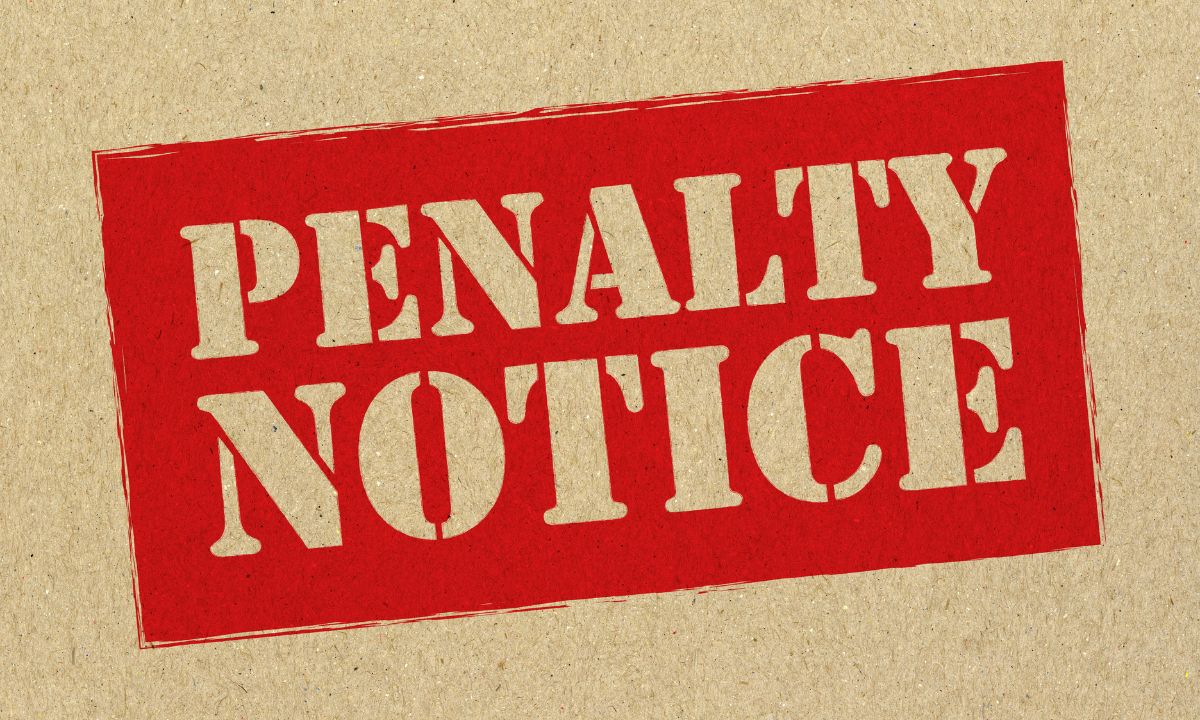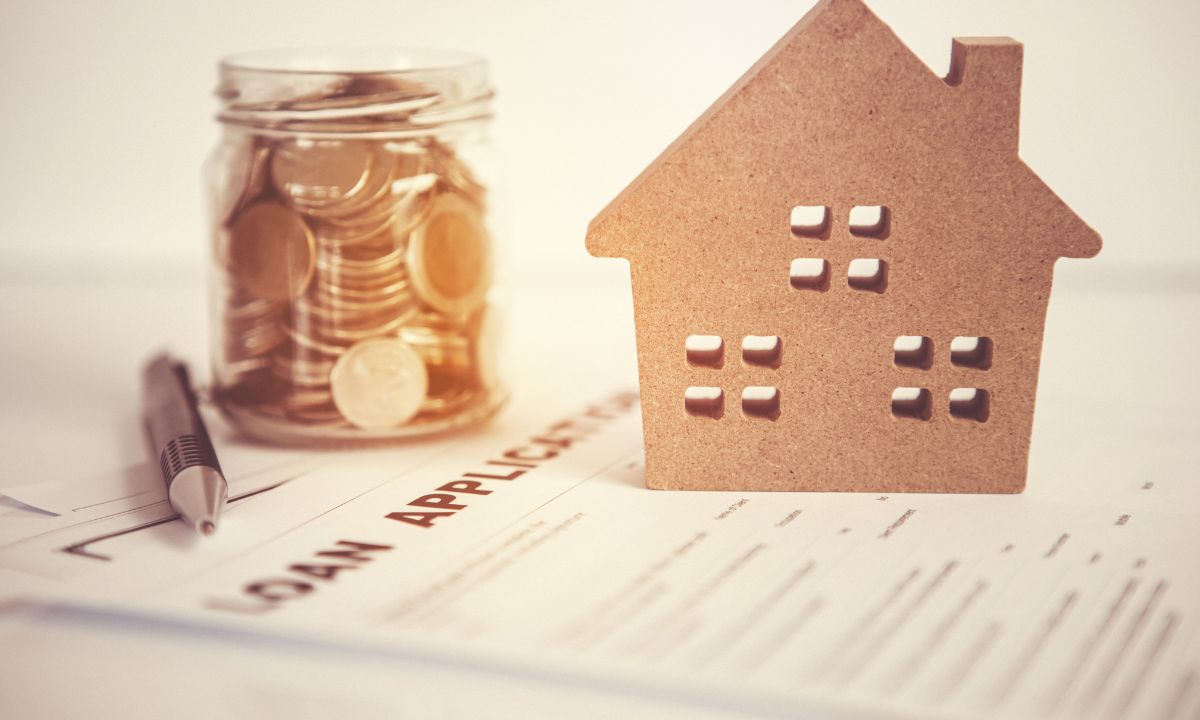Effective But Creative Ways to Save Money for a Down Payment
 Saving for a down payment can feel overwhelming, but with some creative strategies, you can make it happen faster than you think. Whether you’re a first-time homebuyer or looking to upgrade, these tips can help you reach your goal and set you on the path to homeownership.
Saving for a down payment can feel overwhelming, but with some creative strategies, you can make it happen faster than you think. Whether you’re a first-time homebuyer or looking to upgrade, these tips can help you reach your goal and set you on the path to homeownership.
1. Automate Your Savings
One of the simplest and most effective ways to save is by automating your savings. Set up an automatic transfer from your checking account to a separate savings account specifically designated for your down payment. Treat this transfer like a monthly bill—set it for a day shortly after you receive your paycheck. By doing so, you’ll build your fund consistently without the temptation to spend it elsewhere. Over time, you’ll be surprised at how quickly your savings grow without requiring constant effort or thought.
2. Try a Side Hustle
In today’s gig economy, there are countless opportunities to earn extra income through side hustles. Consider freelance work, driving for rideshare services, or selling handmade crafts online. Even dedicating just a few hours each week to a side gig can lead to significant savings. For instance, if you can earn an additional $200 a month, that’s $2,400 a year—an impressive contribution toward your down payment. The key is to find something you enjoy or are skilled at, so it doesn’t feel like an additional burden.
3. Cut Back on Subscriptions and Memberships
Take a hard look at your monthly expenses and identify subscriptions or memberships you’re not using regularly. Whether it’s streaming services, gym memberships, or magazine subscriptions, cutting these unnecessary expenses can free up extra cash. Redirect the money you save into your down payment savings account. If you typically spend $50 a month on subscriptions, that adds up to $600 a year—an amount that can significantly boost your down payment fund.
4. Consider Downsizing Temporarily
If you’re currently renting a larger space than you need, consider downsizing temporarily. Moving to a smaller rental or finding a roommate can significantly reduce your living expenses. This strategy allows you to save on rent and utility bills, channeling those savings directly into your down payment fund. For example, if you can reduce your monthly rent by $300, you could save $3,600 in a year—putting you much closer to your down payment goal. While this may not be a permanent solution, it can provide the financial boost you need during your home-buying journey.
5. Take Advantage of Gift Funds or Grants
Many first-time homebuyer programs offer grants or assistance specifically designed to help with down payments. Research local and national programs to see if you qualify for any grants. Additionally, family members may be willing to contribute toward your down payment as a gift. If you choose to accept gifts, be sure to document everything according to your lender’s requirements. Some lenders require a gift letter from the donor, detailing the amount and confirming that the funds do not need to be repaid.
6. Set Clear Savings Goals
Having a specific savings goal can significantly motivate you to save for your down payment. Determine how much you need for your down payment and create a timeline for reaching that goal. Break down your total savings goal into manageable monthly contributions. For example, if you aim to save $20,000 in three years, that’s roughly $555 a month. Knowing your target will help you stay focused and track your progress.
By implementing these creative strategies and making a few strategic adjustments to your finances, you can accelerate your progress toward homeownership. Remember that every little bit helps, and with commitment and planning, you can achieve your dream of owning a home sooner than you think.

 Buying a home is a huge milestone, and the excitement of closing can lead many buyers to quickly accept any mortgage offer without fully understanding its terms. One important detail to watch for is whether your mortgage includes a prepayment penalty. This fee can be an unwelcome surprise, so it’s crucial to know what you’re signing up for before finalizing your loan.
Buying a home is a huge milestone, and the excitement of closing can lead many buyers to quickly accept any mortgage offer without fully understanding its terms. One important detail to watch for is whether your mortgage includes a prepayment penalty. This fee can be an unwelcome surprise, so it’s crucial to know what you’re signing up for before finalizing your loan. Life is full of significant transitions, and major life events such as divorce, inheritance, or starting a business can deeply affect your financial landscape, including your mortgage. Understanding how these changes impact your mortgage options and financial planning can help you make informed decisions and manage your home loan effectively.
Life is full of significant transitions, and major life events such as divorce, inheritance, or starting a business can deeply affect your financial landscape, including your mortgage. Understanding how these changes impact your mortgage options and financial planning can help you make informed decisions and manage your home loan effectively. Embarking on the journey to homeownership is an exciting milestone, but it requires careful financial preparation. Ensuring that your finances are in optimal shape is crucial to securing a home loan with favorable terms. This guide will walk you through the essential steps to get your financial profile in top shape before applying for a mortgage.
Embarking on the journey to homeownership is an exciting milestone, but it requires careful financial preparation. Ensuring that your finances are in optimal shape is crucial to securing a home loan with favorable terms. This guide will walk you through the essential steps to get your financial profile in top shape before applying for a mortgage. When you’re looking to buy a home, one of the most important numbers you need to know is your FICO score. This three-digit number represents your creditworthiness and plays a crucial role in determining the terms of your home loan. Let’s discuss what a FICO score is, how it’s calculated, and why it matters for your home-buying journey.
When you’re looking to buy a home, one of the most important numbers you need to know is your FICO score. This three-digit number represents your creditworthiness and plays a crucial role in determining the terms of your home loan. Let’s discuss what a FICO score is, how it’s calculated, and why it matters for your home-buying journey.